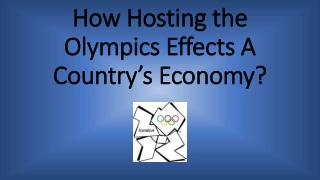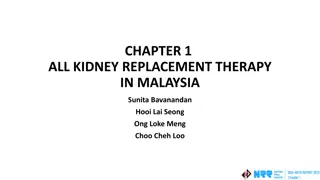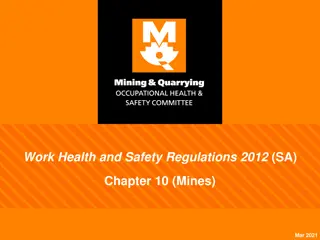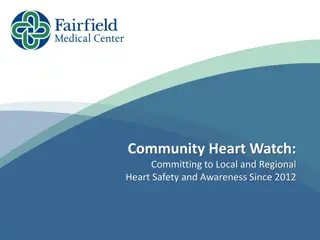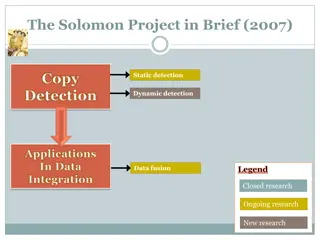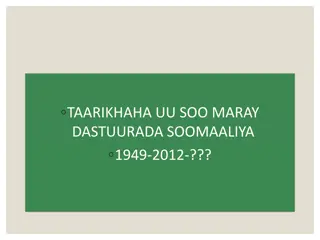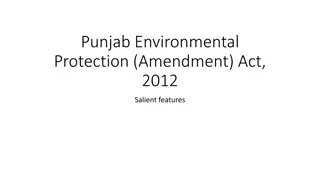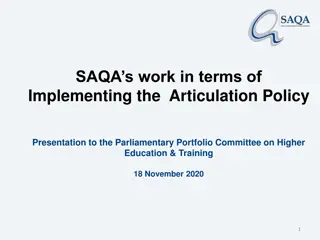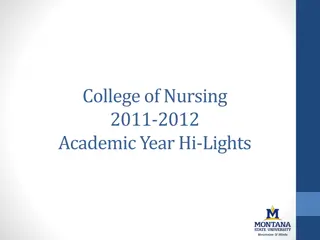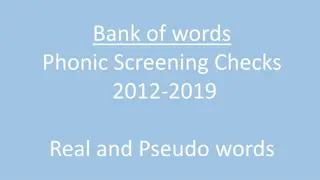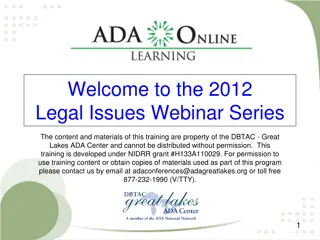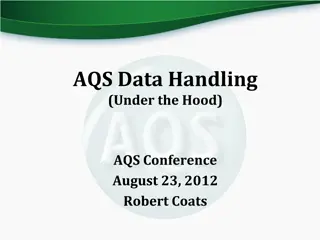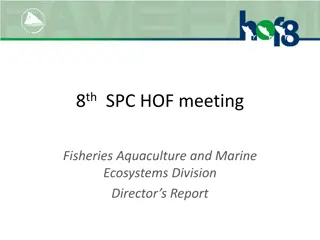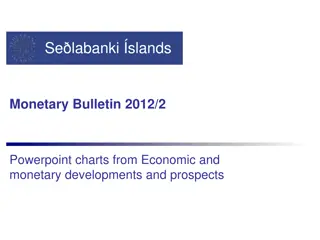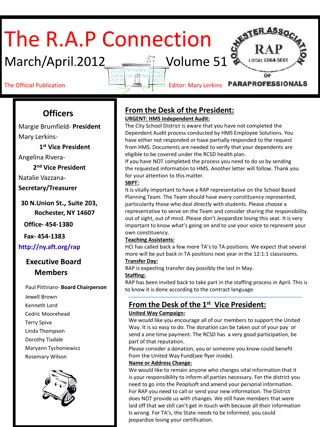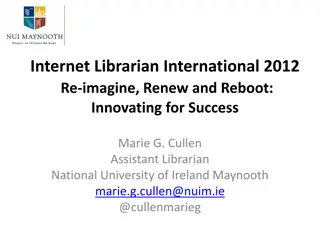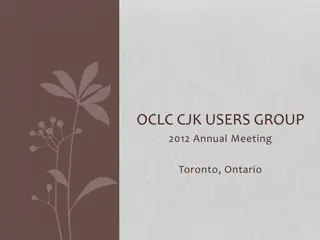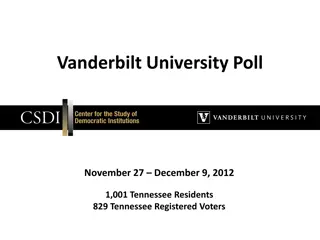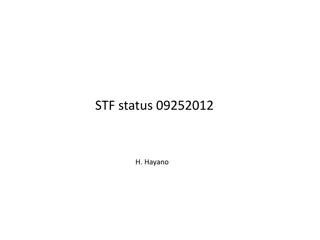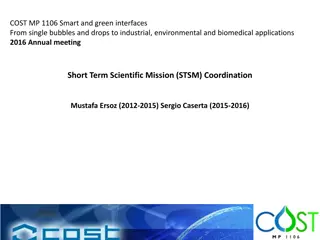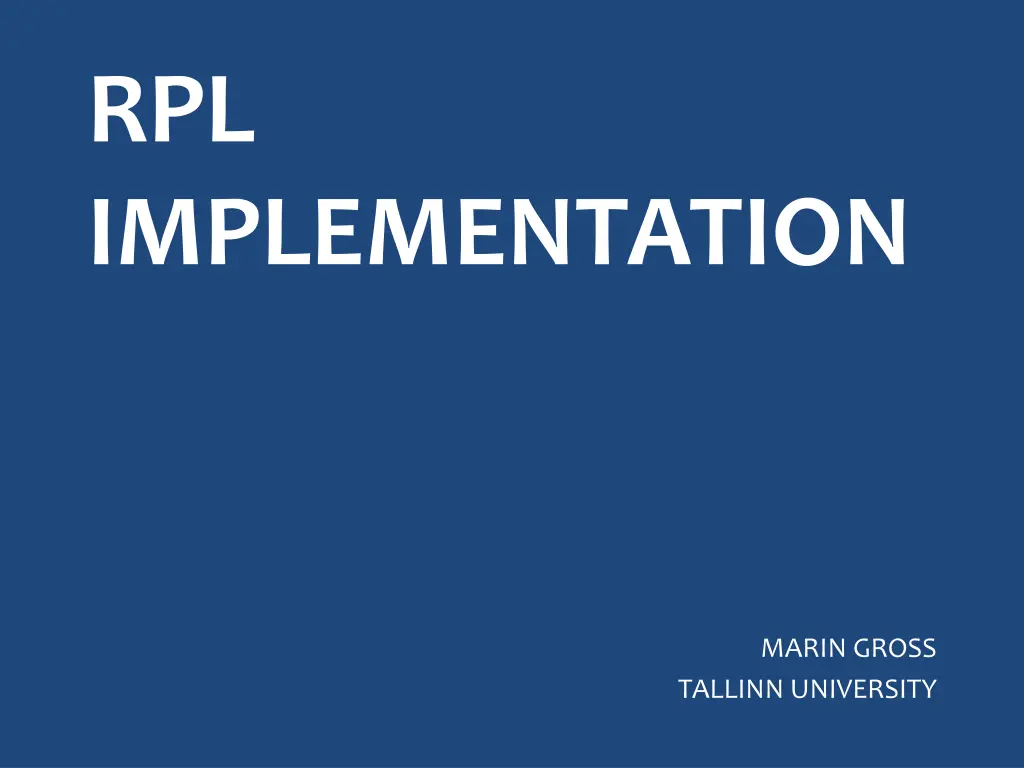
RPL Implementation and Policy Formation at Tallinn University
Explore the comprehensive implementation of Recognition of Prior Learning (RPL) at Tallinn University, focusing on policy borrowing, RPL as salvation, aims, adaptation to the educational system, changing the system, EU policy impact, and critical perspectives on RPL practices.
Download Presentation

Please find below an Image/Link to download the presentation.
The content on the website is provided AS IS for your information and personal use only. It may not be sold, licensed, or shared on other websites without obtaining consent from the author. If you encounter any issues during the download, it is possible that the publisher has removed the file from their server.
You are allowed to download the files provided on this website for personal or commercial use, subject to the condition that they are used lawfully. All files are the property of their respective owners.
The content on the website is provided AS IS for your information and personal use only. It may not be sold, licensed, or shared on other websites without obtaining consent from the author.
E N D
Presentation Transcript
RPL IMPLEMENTATION MARIN GROSS TALLINN UNIVERSITY
Welcome to RPL! AN INTRO
POLICY BORROWING AND LENDING BURN OUT OF POLICY NORMATION OF POLICY FORMATION OF POLICY RPL in EU RPL formation 1950-60 USA 2000 Lifelong learning memorandum Bologna process 1980 UK Stainer-Khamsi 2006, 2004, Popkewitz
RPL AIM Social justice Individual opportunities, widening access to education Economic development and labor market Using existing competencies more effectively Social change Making the competence of the population visible (Andersson 2003)
RPL ADAPTED TO THE SYSTEM Focuses on the demands of the educational system or the labor market Individuals competencies are measured and assessed according to the prescribed criteria that determine which specific competence and knowledge are useful Knowledge and competencies are regarded as products or goods the individuals whose competence satisfies formal demands are the only group that can take advantage of this kind of RPL
RPL CHANGING THE SYSTEM All knowledge is valuable in itself and therefore the individual s knowledge and competence could be accepted, even if the formal merits are lacking Untraditional groups enter the system as a result of RPL. These groups gain access to the system not just because their competence meets the demands of the system but because the system recognizes the individuals experience and competence on their own merits The individuals enter the system with their knowledge, experiences and perspectives, they are able to bring about changes in the system from inside.
EU policy as a driving force in RPL development RPL aimed at labor market needs and educational mobility RPL will save us!
RPL APPLICANT TYPICAL Advantaged groups Knows well formal education system and its opportunities Interested in saving time Maximum use of prior studies They want more of RPL! Do they need RPL? UNTYPICAL Marginalized groups Has work experience Has studied in numerous ways but Unfamiliar with university Values learning and opportunity to study How can they be supported?
70% of students are aware of RPL 83% have never applied for RPL 13% have applied for recognition of prior studies less than 2% have applied for recognition of experiential learning
The power of recognizing knowledge rests with the university In order for learning to be recognized by the university it must be presented according to norms and regulations laid down by the institution. RPL could become a powerful tool of control and exclusion as applicant has to learn RPL discourse rather than RPL being something that recognizes what they already know.
Councellors see RPL councelling as a very problematic part of their everyday work. Applicants are not aware of the RPL process nor their own learning Lack of skills for supporting applicants and understanding their prior learning Assessors see applicants problematic as well. Applicants have lack of knowledge about the curriculum, their own knowledge, reflective writing is poor and supportive documents are often not enough Applicants say that different sources of knowledge might be recognized in university if you as an applicant can put that knowledge in the form that university expects it.
Applicants are quite happy with RPL. Except that assessment procedures are often unclear and counseling is focusing on filling in application forms but not supporting self-analysis.
Overall lack of awareness of RPL process. RPL is seen as a fast track thru the system. The views of RPL are over simplified. Attitudes towards RPL are mostly positive but there is a lot of scepticism. Applicant is seen as a problem in RPL process by counsellors and assessors. Learning that is not presented as the university prescribes will not be recognised in RPL process.
RPL is seen as a technicality and the full potential of the process is not used in the university. RPL implementation is university led and thus is concerned with quality assurance issues and fitting the RPL to the exicting systems (RPL adapted to the system). Learning and learners as central for RPL process are not present in implementation and are rather seen problematic.
Can applicants learning fit to the pre-determined traditional university? How to widen access to RPL? Is RPL instrumental? How RPL changes the university? Is RPL a learning process? QUESTIONS?

